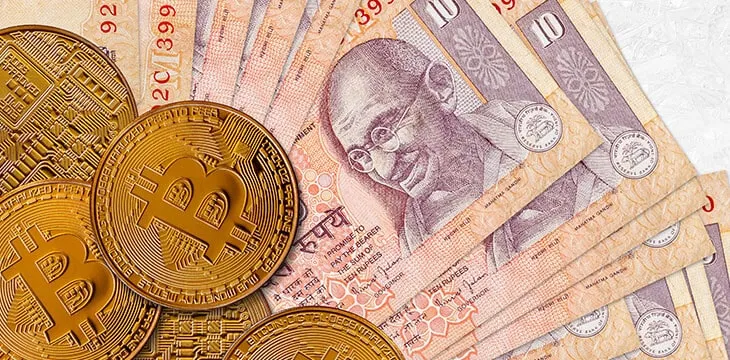|
Getting your Trinity Audio player ready...
|
Since central bank digital currency (CBDC)-related projects made way in some countries, many more joined the party. Based on reports, India is considering launching a trial for digital rupee in December 2021.
The project will be the country’s first digital currency trial initiative, said Governor Shaktikanta Das to CNBC.
Shri Shaktikanta Das is the 25th Governor of the Reserve Bank of India (RBI), the central financial body in India that is currently examining various areas of the proposed digital currency. Some of the areas under study include the potential impact on the country’s financial sector and how it would affect monetary policy and currency in circulation. There is also concern about its general financial security.
The recent push into the possibility of creating a digital rupee reportedly has to do with the decline in cash usage. The push has also been influenced by the growing interest in digital currencies like Bitcoin by many developed countries. Many central banks have started exploring CBDCs, while countries in America, Europe, and the United Kingdom are exploring projects on digital currencies that would either be issued by them directly to the public or commercial lenders.
CBDCs are essentially countries’ legal tender in digital form. They are simply the online version of these countries’ respective fiat currencies. In India, the CBDC project would be digital rupee.
India takes cautious stance
The RBI may finalize the project before 2022, although the government is not in a hurry to carry out the project.
“We are being extremely careful about it because it’s completely a new product, not just for RBI, but globally,” Das said.
The central bank chief also used the occasion to spoke about the options of carrying out the project, which involved either “having a centralized ledger for the digital currency or the so-called distributed ledger technology (DLT).”
A centralized ledger implies the database is owned and operated by one central body, which in this case is the RBI. On the flip side, DLT is a digital-based database that enables larger participants to access, share and record transactions at the same time.
“I think by the end of the year, we should be able to—we would be in a position, perhaps—to start our first trials,” Das said.
Das’s deputy, T Rabi Shankar, had previously revealed that the central bank was working toward a “phased implemental strategy” for a digital currency.
To learn more about central bank digital currencies and some of the design decisions that need to be considered when creating and launching it, read nChain’s CBDC playbook.
Watch: CoinGeek Zurich panel, Digital Technology and the Future of Banking & Financial Services

 08-06-2025
08-06-2025 





